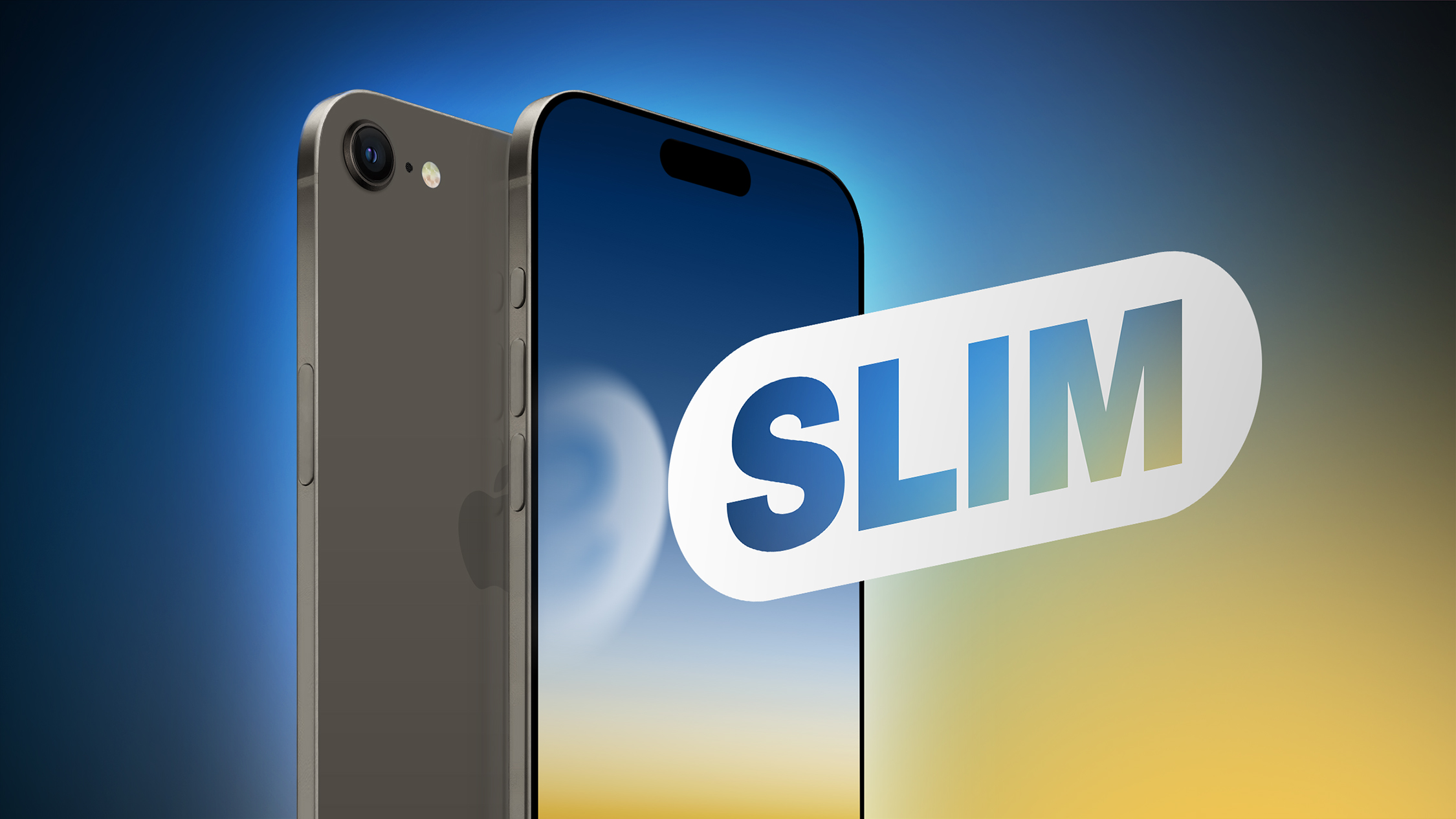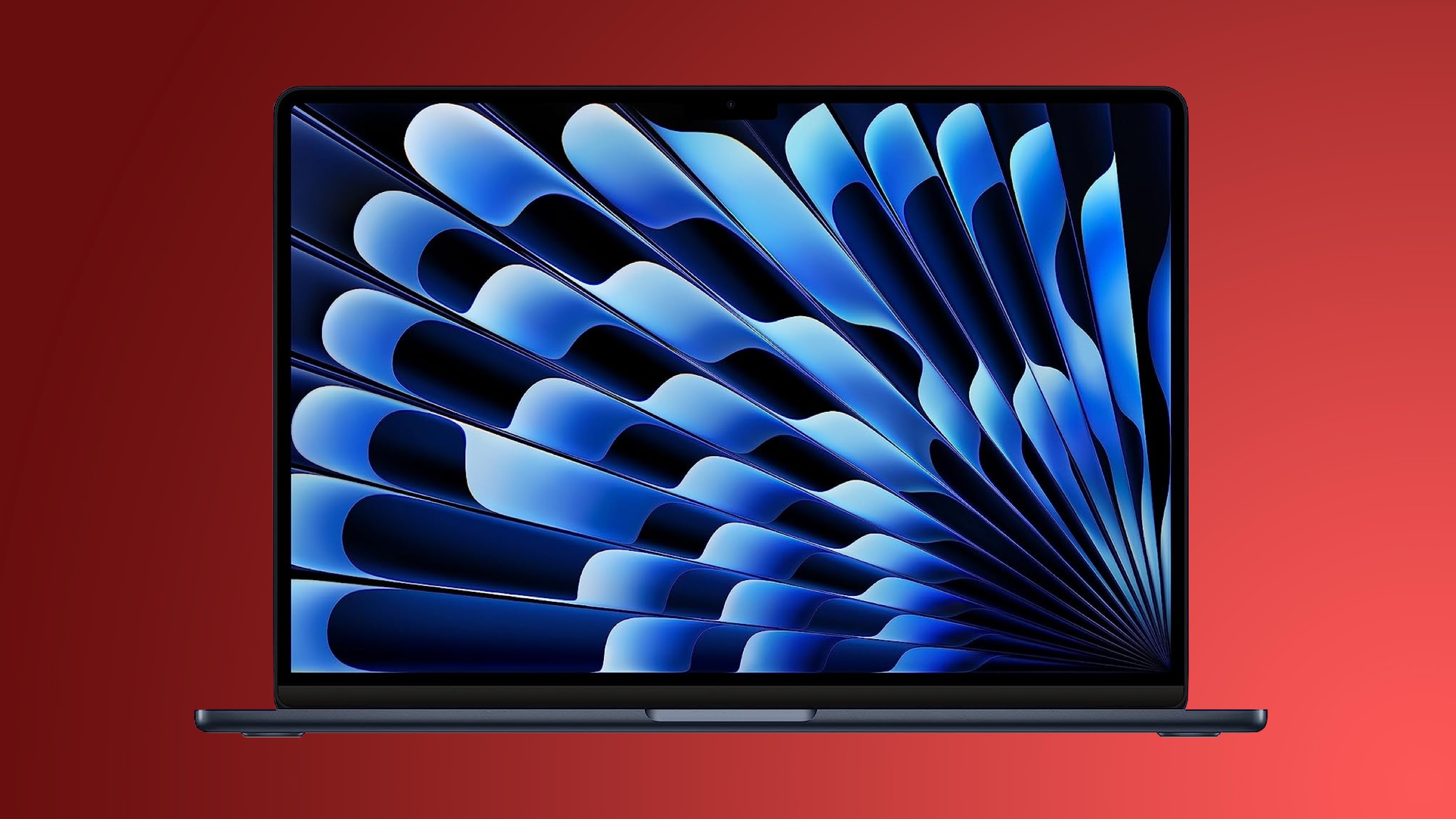Acer announces its new Chromebook Plus 514, and I couldn’t be more excited
[[{“value”:”
Acer has announced the launch of its new Chromebook Plus 514, expanding its range of Chromebook Plus laptops and adding more options for Chromebook users who want something more powerful but not necessarily more expensive.
The new Chromebook offers improved performance, a compact build, and durability, along with AI-enhanced capabilities provided by ChromeOS. Starting at $399 (about £320/AU$560), this new Chromebook Plus model promises to offer a fantastic mix of performance and affordability that you don’t always find with a Chromebook.
The Acer Chromebook Plus 514 features a 14-inch Full HD display and is powered by an eight-core Intel Core i3-N305 processor with 8GB of LPDDR5 RAM. It also features a 1080p webcam that incorporates Temporal Noise Reduction for better image quality and AI-driven adjustments for lighting and background blur, so this Chromebook willo be fantastic as professional fleet devices or educational users. It also features a physical shutter for privacy, dual microphones, and DTS Audio-enhanced speakers. All in all, some very solid specs.
In terms of design, the Chromebook Plus 514 weighs 1.43 kg and measures 20.5 mm in thickness. It meets U.S. military standard (MIL-STD 810H) for durability and includes a variety of sustainable design elements, such as an OceanGlass touchpad made from ocean-bound plastic waste. The device also supports a range of connectivity options including Bluetooth 5.2, WiFi 6E, and dual USB 3.2 Gen 1 Type-C ports.
For educational use, the Chromebook Plus 514 can be equipped with Chrome Education Upgrade, facilitating device management in school settings. This feature allows administrators to manage devices efficiently, deploy security configurations, and ensure a secure environment for educational communities.
Additionally, the Chromebook Plus line offers a business-focused version, the Chromebook Plus Enterprise 514, which includes Chrome Enterprise Upgrade. This variant is designed to aid IT departments in managing device policies and data security efficiently.
The Acer Chromebook Plus 514 (CB514-4H/T) will be available in North America starting in May. Pricing, configurations, and availability will vary by region.
(Image credit: Acer)
Chromebooks need better performance — without raising prices
Chromebooks have never been a performance-first product. Their primary appeal is offering general computing performance at a bargain-level price, and for this purpose they are unparalleled. Their extreme affordability matched with a remarkably high level of functionality makes them consistently among the best laptop options for most people.
That said, with the recent generation of laptop components continuing to push the market further, Chromebooks really shouldn’t get left behind with hardware that’s five to seven years old, as is the case with many of the cheapest Chromebooks running budget processors first released by Intel in 2017 and 2018.
Many of the best Chromebooks on the market have unfortunately swung in the opposite direction, bringing mainstream laptop hardware to a platform that does not require and can never fully utilize the performance on offer from an Intel Core i5/AMD Ryzen 5 processor with 16GB RAM and 3K displays.
Now the Acer Chromebook Plus 514 isn’t running a 14th-gen Intel processor or anything, but its 12th-gen Core i3 with eight cores is more than enough performance for modern users who actually want to use local productivity apps and more. ChromeOS’s light resource footprint also means that 8GB LPDDR5 RAM is more than enough to meet modern users’ needs.
Finally, starting out at just under $400, it remains true to its heritage as an affordability-first device while bringing things forward on the performance front.
More of these, please!
You may also like…
How to connect AirPods to a ChromebookMystery Chromebook with dedicated AI button could be a new Samsung Galaxy Chromebook Plus, and I really hope that’s the caseMysterious ChromeOS tablet could be the work of Lenovo – and might be the future of Chromebooks
“}]]




